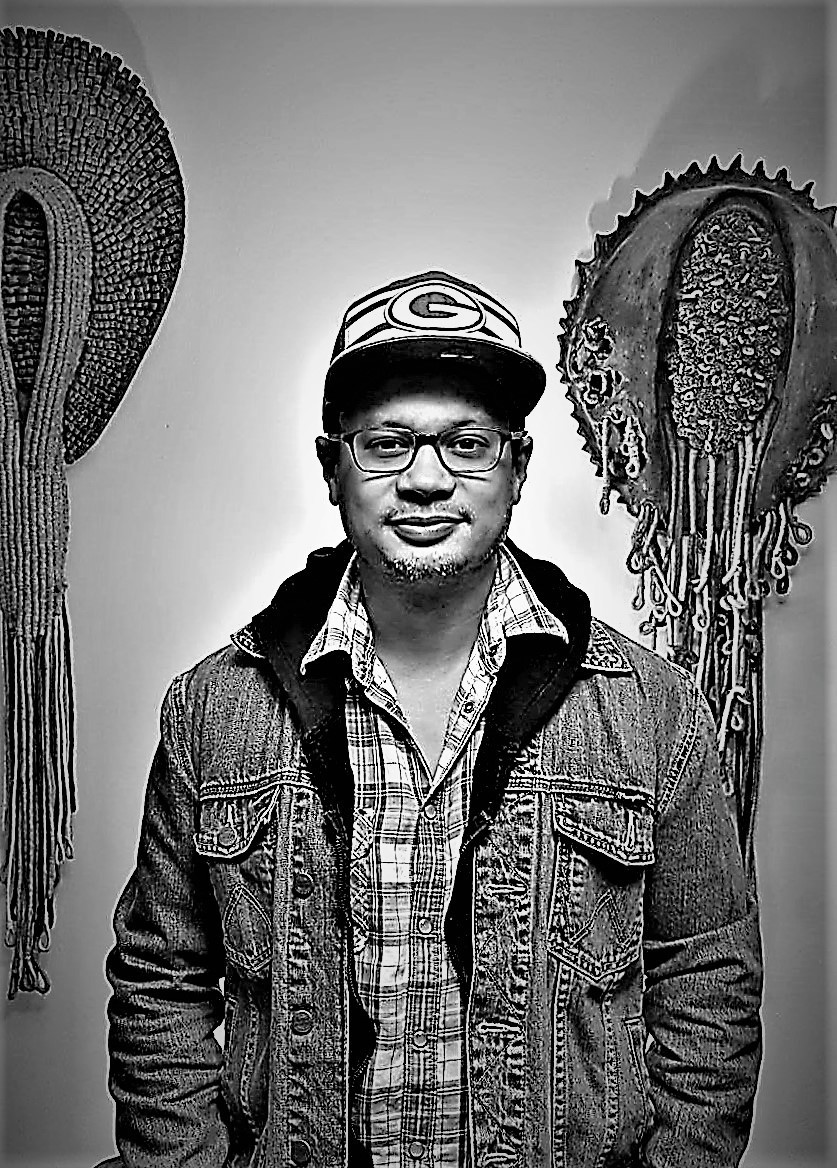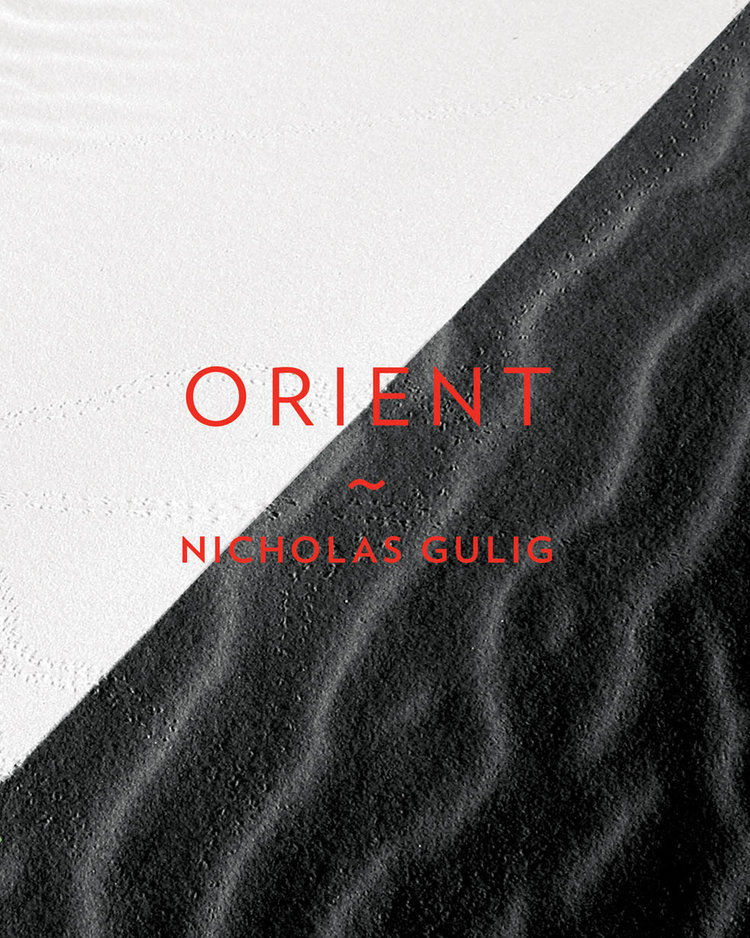To see and fail to speak from faraway of seeing, to go abouta life, to write tofriends and of them,to begin withintheir names, to wish them welland end in yours, sincerely,to drive to workin a green car singing,to have insurance, to listento the radio, the countyroad in autumn,the light collectedin the maples, in the birches,beautiful, to mouththe words of others,to believe them,to feel their languageis your own, to own themmomentarily, to feel ashamedof owning, to stareinto the openwindows of your house,to stand besideyour wife, in the centerof your yard, living,breathing, in the middleof October, the leavesaround you, everywherearound you, to watch your daughter,to listen to her laughterfill you. From far awayacross the yard, it fills you.And then to know within the poemthe noise that otherpeople makewhen suffering. Enoughto love them, to wish them well, you neededthem imagined. You madethem up, the people.What are people?And so it was you cameto speak alone, a soul composedbeyond the finite boundaryof an ethics. Etchedinto an opening and closingspace, the sound of “it” compressed with “it is not,”their echoing, your ache
Book of Error
Feature Date
- December 21, 2019
Series
Selected By
Share This Poem
Print This Poem
Copyright © 2019 by Nicholas Gulig
All rights reserved.
Reproduced by Poetry Daily with permission.

Nicholas Gulig is a Thai-American poet from Wisconsin. The author of North of Order and Book of Lake, his most recent collection, Orient, won the 2018 Open Book Award from the University of Cleveland State Poetry Center. Currently he lives in Fort Atkinson, Wisconsin with his wife and daughters and is an Assistant Professor at the University of Wisconsin-Whitewater.

Cleveland , Ohio
Cleveland State University
"With the ethical reach of George Oppen or Etel Adnan, but with a scope and feel all his own—and now, because he gave it to us, ours too—Nicholas Gulig takes stock of our world of war and forced migration, our world of wanderers we only know of and feel nonetheless. 'So what to do about it?' he asks. 'It's beginning to feel a lot like I'm at fault for something far away.' Yes. It's been feeling that way since we first woke up and found ourselves no longer children, because the war began, or the towers fell, or because we speak a language and are an empire. How, then, to find our way into and remain in love with those who are near and those who are not, and remain there, unflinching, awake? Poetry is a way, poetry like this—quiet and sudden and forgiving and strong. Read not for solace, but for love."
—Julie Carr
"In Orient, we are immersed, immediately, in the way these poems both quietly astound and articulate the 'vital emptiness' of what disturbs and is absorbed in hint and hue through transcription, collage, and other practices of memory's recollection and erasure, admiring along the way the speaker's effort to illustrate how a field between polarities 'begins to open outward.' In doing so, Nicholas Gulig delves into the ways we must consistently try and fail to orient ourselves to the junctures between the ancient and the present conditions of our time—and all that fails our speech and yet endures in language and our listening attentively to its noises. Throughout the work, we have poems that are both a reckoning and a recording, which, as Gulig writes, are also forms of 'wandering.' Ultimately, Orient arrives at its poignant 'narrative and nationality, a state of pure emergency,' made possible by Gulig's singular sense of presence, of speaking directly to what signals 'empire' for the poet who lives within it. This is an astounding collection."
—Prageeta Sharma
"Nicholas Gulig's riveting new collection Orient considers what it means to be a global citizen in the information age. These urgent, exciting poems ask us how we mediate the distance between the person at a computer watching the war on the news and the person who is in a war zone. How do we mediate language when one is writing about war that happens elsewhere but is intimately felt? The muscular sound and syntax of these poems jostle and pull us uneasily into its fragmented, tension-filled world. 'Language is a residue. / I cling,' states the speaker, and the words 'residue' and 'cling' are at once tender, hopeful, and tenuous. Orient is challenging, breathless, innovative, and stunning. This is a necessary work in a difficult time."
—Hadara Bar-Nadav
Poetry Daily Depends on You
With your support, we make reading the best contemporary poetry a treasured daily experience. Consider a contribution today.



